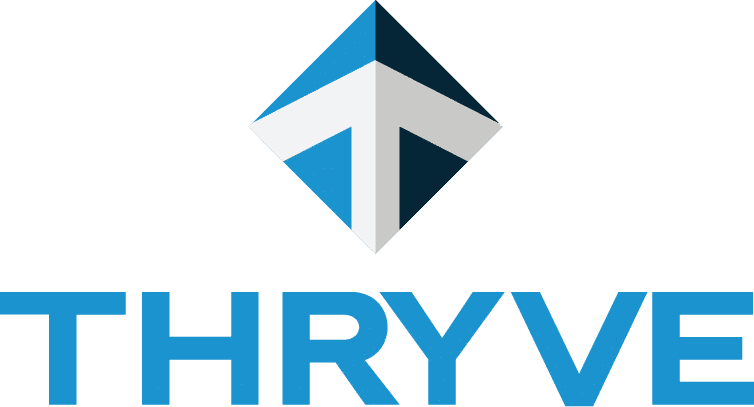Amidst all the hustle and bustle of running a small business, it’s easy to overlook one crucial aspect—taxes. No one likes thinking about tax payments. Establishing good tax habits can save your business time, money, and stress in the long run. Let’s walk through a few practical steps to build strong tax habits.
Why Good Tax Habits Matter
Taxes are an inevitable part of running a business. Without good tax habits, small business owners may face hefty fines, audits, and even legal issues for missed payments. You can better manage cash flow and avoid last-minute scrambles by paying attention to your taxes throughout the year.
Organize Your Financial Records
One of the first steps in establishing good tax habits is organizing your financial records. Start by setting up a system to track all income and expenses. Whether you use accounting software or a simple spreadsheet, consistency is key. Maintain records of receipts, invoices, bank statements, and any other financial documents.
Regularly update your records to avoid a backlog. Schedule weekly or monthly sessions to review and organize your financial documents. This practice not only keeps you prepared for tax season but also provides valuable insights into your business’s financial performance.
Understand Your Tax Obligations
Start by identifying the types of taxes you need to pay. Common taxes for small businesses include income tax, self-employment tax, sales tax, and payroll tax. Depending on your location and industry, there may be additional taxes to consider.
Familiarize yourself with the various tax forms, requirements and deadlines, then mark due dates on your calendar and set reminders to ensure timely payments. Missing deadlines can result in fines and interest charges.
Plan for Estimated Taxes
Small business owners often need to pay estimated taxes throughout the year. These payments cover your income tax and self-employment tax (if filing as a SMLLC), reducing the tax bill at the end of the year. The IRS requires minimum estimated tax payments consistent with 100% (110% for higher income taxpayers) of prior year to avoid penalties.
Divide your estimated tax liability into quarterly payments. Mark the payment due dates on your calendar and set reminders to ensure timely payments.
Review your estimated tax payments periodically and adjust them if necessary. If your income or expenses change significantly, update your estimates to ensure that you are paying enough to keep your end of year tax bill low.
Hire a Professional Accountant or Small Business Accounting Firm
While it is possible to do your taxes yourself, a professional accountant can help you understand complex tax laws and regulations. They can identify deductions and credits that you may have missed, potentially reducing your tax liability.
Consider engaging CPA consulting services from a reputable small business accounting firm. These firms can provide expert advice on tax planning and compliance, helping you make strategic decisions to optimize your tax situation.
When choosing an accountant or CPA consulting firm, look for someone who will be able to bring strategic insight and proactive ideas to the discussions. The IRS website can provide a basic understanding of tax law, but the accountant or CPA consultant brings the skill set to apply the best approach to your situation, especially when a few options are available.
Conclusion
By organizing your financial records, understanding your tax obligations, and seeking professional advice from small business accounting firms, including CPA consulting, you can ensure compliance and optimize your tax situation.
